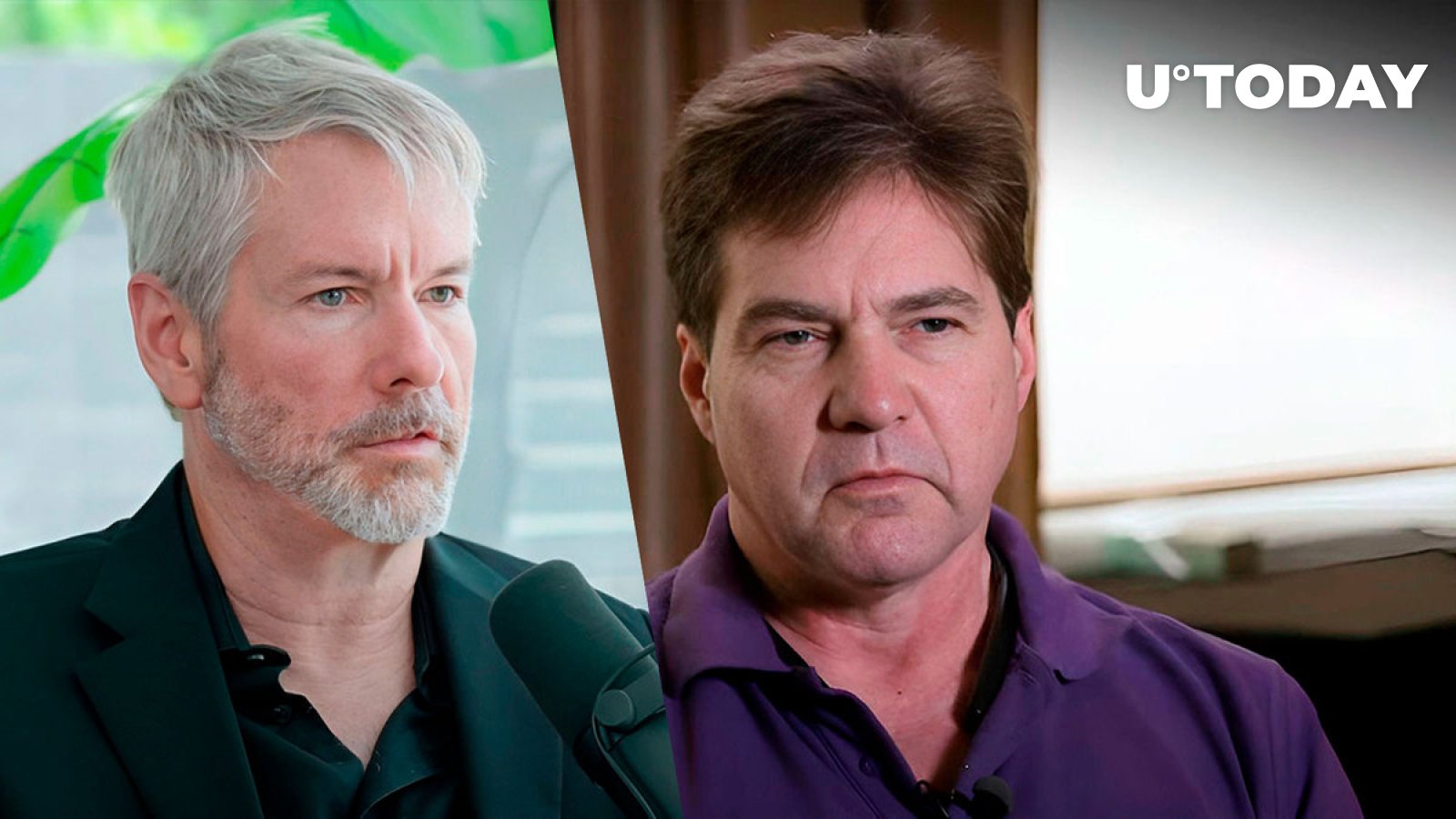Disclaimer: The opinions expressed by our writers are their own and do not represent the views of U. Today. The financial and market information provided on U.Today is intended for informational purposes only. U.Today is not liable for any financial losses incurred while trading cryptocurrencies. Conduct your own research by contacting financial experts before making any investment decisions. We believe that all content is accurate as of the date of publication, but certain offers mentioned may no longer be available.
Disclaimer: The opinions expressed by our writers are their own and do not represent the views of U. Today. The financial and market information provided on U.Today is intended for informational purposes only. U.Today is not liable for any financial losses incurred while trading cryptocurrencies. Conduct your own research by contacting financial experts before making any investment decisions. We believe that all content is accurate as of the date of publication, but certain offers mentioned may no longer be available.
Michael Saylor, the CEO of MicroStrategy, reiterated the widely held belief within the cryptocurrency community that Craig Wright is not the elusive Satoshi Nakamoto, the pseudonymous creator of Bitcoin. The affirmation comes as a reminder of the recent legal verdict that debunked Wright’s claim to be the inventor of Bitcoin.
Saylor’s statement reinforces the skepticism surrounding Wright’s persistent assertions of being Satoshi Nakamoto, a claim that has been met with skepticism and controversy since its inception. The legal battle over Wright’s claim reached a critical point when a court ruling decisively dismissed his assertions, providing compelling evidence to refute his claims.
The case, lodged by the Crypto Open Patent Alliance (COPA), which took place in a highly publicized trial, shed light on the lack of credibility in Wright’s assertions and underscored the importance of evidence-based claims within the cryptocurrency community. Saylor’s endorsement of this ruling underscores the need for clarity and transparency in an industry built on principles of decentralization and trust.
Moreover, Saylor’s stance reflects broader sentiment within the cryptocurrency community, which values authenticity and integrity above all else. In an ecosystem driven by innovation and technological advancement, the veracity of claims regarding Bitcoin’s origins holds significant weight, influencing the perception and adoption of the pioneering cryptocurrency.
Recall that, last month, Craig Wright faced scrutiny from XRP lawyer John E. Deaton for what he perceived as historical inaccuracies and blatant falsehoods. Deaton’s rebuke surfaced in a post on X, where he called out Wright’s credibility.
“If he were Satoshi, he would remember sending the first Bitcoin (BTC) ever to Halfin,” Deaton asserted at the time.
Similarly, Ripple CTO David Schwartz asserted that Wright’s act of backdating documents serves as compelling evidence against his claim to be Satoshi. The XRPL mastermind emphasized that proof should be something that convinces a reasonable person of the truth, and in this case, the backdating suggests a lack of authentic documentation, casting doubt on Wright’s assertions.

